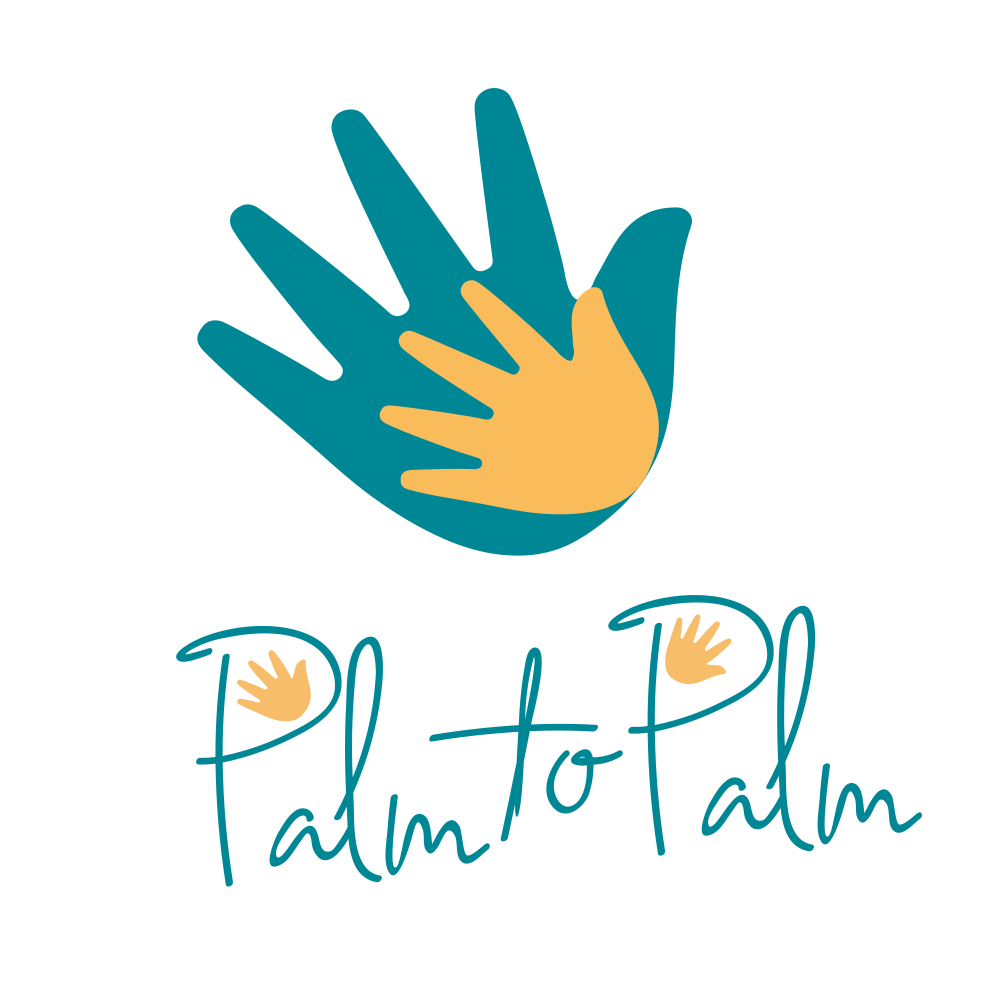Unlearning the Stories we are Taught
When I was younger, I spent a lot of time reading books on spirituality. I spent hours trying to meditate, using tarot cards and incense to enhance my connection with something greater than me. All of these sources taught me, there is knowing deep inside me. I learned that letting go of mainstream teachings and searching for what felt true was the key to healing. Through the process of acquiring my degree in trauma informed psychology and the continued perusal of trauma healing research, I have realized this knowing is a set of skills that everyone is born with. Thanks to years of studies on the brain, our nervous system and stress systems we know that we do have ancient knowledge that informs our reactions, perceptions and ultimately our experiences, but society slowly strips this knowledge away replacing it with new stories of truth. Because of this knowledge it is clear that the path to healing has more to do with unlearning than learning.
When I speak about unlearning, I am talking about a specific kind of unlearning. I am speaking of unlearning cultural stories that are woven into our identities of who we are. It boils down to societal expectation. When our minds are constantly bombarded with messages from the internet, our families, and social media we can lose sight ourselves, as we accept these messages as truths. For many people this (sometimes unconscious) contradiction between ‘my preferred self’ and ‘cultures preferred self’ creates anxiety, depression, and other feelings of inadequacy.
Starting at birth, we begin to learn the rules and norms of our culture. As we grow, we learn what is considered to be right and acceptable, and what is considered to be wrong and or unacceptable. We learn through observation, experience, and stories. The stories that we learn are often based on our gender, our socio-economic status or class, our race, our physical appearance and capabilities, our age, even our perceived levels of intelligence.
To understand how these larger culture stories affect us, I’ll give you a couple of examples:
Rita is first generation Latinx. Her friends have a lot of free time after school to hang out at the mall, but Rita needs to come home to help her family’s business. She often feels left out and forced to choose between her parents and her friends.
Mark a fifty year old gay man who is just now coming out because he has feared loosing his job. Society’s pressure and over all intolerance of LGBTQIA communities kept him isolated and quiet.
Lisa, a thirty five year old, women how got married and had children because she felt she wouldn’t be a successful woman without these titles. Her parents and social circle never came out and said this to her, but her church community, upbringing and friends who are all living that life, informed her that if you are married with kids = you are successful= you will survive.
These three short case studies show how societies ‘basic’ and ‘normal’ expectations, turn into heavy and stressful demands.
Our brains process societal expectations as: “If I don’t follow the norm, I will be rejected. With rejection, I will not survive.” These thoughts come from older parts of our brain. When there is conflict in our stories, it can pose problems with our esteem and feelings of fulfillment. When we begin to unravel these stories, we can begin to understand how the stories are impacting us, and how retelling the story can help us reclaim what is ours.
The work I do privileges the learning that is important and powerful in understanding the stories and helps you let go of that which doesn't serve you in your life. You can start to do this yourself by challenging the stories you hold about yourself. For example, what does it mean for you to identify in the gender you do? What responsibilities do you have? What does society tell you to be? Are those ideas serving you well? Usually we discover some do and some don't. That is where the unlearning comes in. At the end of the day, we are part of our world. If we want to remain true to ourselves, we must always be alert to the information we take in and how it transforms us or doesn’t.
